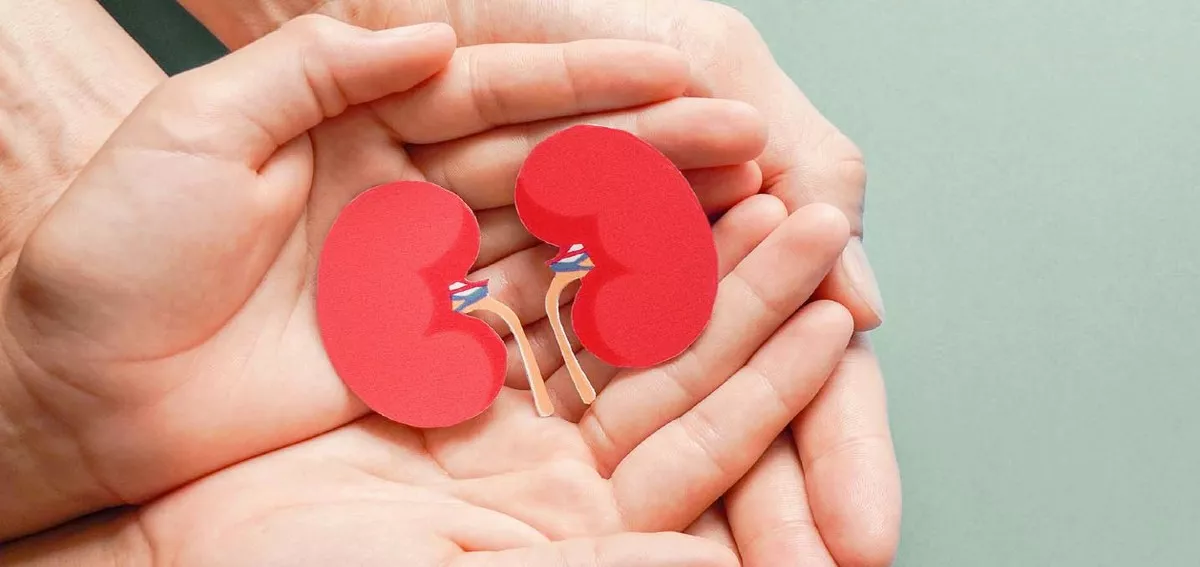What do you mean by a kidney transplant?
Kidney transplantation is a procedure where you insert a new healthy kidney into a person whose kidneys are diseased and no longer functioning. The donor of the kidney can be a living or a deceased person.
The kidneys are two bean-shaped organs that are located on each side of the spine below your rib cage. Each kidney is about the size of your fist. The primary function is to filter and remove all kinds of waste, minerals and fluid from the blood via urine. So, when your kidneys lose this ability to filter out, harmful levels of fluids and waste start to gather in the body. When the kidneys are not able to sustain life, we call it as end-stage renal disease. Renal replacement therapy in the form of dialysis or kidney transplantation is required to sustain life. Many patients seek specialized care at a reputed Nephrology hospital in Hebbal Bangalore, where advanced treatment options for such complex conditions are available.
Some of the common causes that lead to end-stage renal disease are:
- Diabetes
- High blood pressure
- Chronic glomerulonephritis (This is an inflammation and can scar tiny filters present inside your kidneys)
Who requires kidney transplantation?
A kidney transplant is a viable option for you if the kidneys have stopped functioning completely. This condition is known as end-stage renal disease as discussed above. After putting you on dialysis, your doctor will discuss with you - whether you are a good candidate for a kidney transplant or not.
You must be healthy enough to go through major surgery and mentally ready to live a life that requires following a strict regimen. Furthermore, you must be willing and able to follow all the instructions provided by the best nephrologist in Bangalore and consume medications on a regular basis.
In case you have a serious underlying medical condition then a kidney transplant might be dangerous or not be successful. Some of the serious conditions are:
- Liver disease
- Cancer, or recently recovered from it
- Serious infection, like tuberculosis, hepatitis, or bone infections
- Major Cardiovascular disease
What are different kinds of kidney transplants?
Kidney transplant by a deceased donor: In this procedure, the kidney of a deceased person is taken with consent from the family or their donor card. The kidney taken from the person is placed into a recipient’s body whose kidney can no longer function.
Kidney transplant by a living donor: We need only one kidney for survival. In this process, the kidney is taken from a living donor with consent and placed into a recipients’ body whose kidney can no longer function.
Pre-emptive kidney transplant: This surgery is performed right before you initiate dialysis in a patient with CKD. Experienced Nephrologists in Hebbal Bangalore often recommend this approach when early transplantation can improve long-term outcomes and quality of life.
What are the benefits of kidney transplant surgery?
If the operation goes smoothly, you will live a longer life than you would have when you were on dialysis. Furthermore, you may also have fewer health problems. You will be able to pursue your education or job and lead a near normal life.
What are some things to expect from kidney transplant surgery?
After the doctor has cleared you and can move ahead with the kidney transplant- detailed directions will be provided on what to expect and how to plan for the procedure.
Before kidney transplant:
- You will undergo a panel of blood tests and scans to make sure that you are fit to undergo the procedure. You will also meet a team of specialists to ensure everything is in place before the surgery.
- In case of a living donor a cross match test will be done to see the degree of tissue matching between the recipient and the donor.
- Donor will also be subjected to various blood tests, scans, and fitness. Safety of the donor gets utmost priority.
- You will have to submit necessary documents to establish the relationship and for legal purpose.
During a kidney transplant surgery
- In case of a living donor, a doctor will remove one of their kidneys. The doctor will also remove the ureter, which is a tube through which urine flows from the kidney to the bladder.
- A doctor will make an opening in your lower abdomen and place the new kidney. They will attach the ureter to your bladder. Your diseased kidneys are often left in the body.
Post kidney transplant surgery:
- You will be shifted to the ICU after the surgery and monitored closely by the team of doctors. You will be discharged after 7 to 10 days based on the parameters.
- You will be asked to take immunosuppressant medications which will help prevent the body from rejecting your new kidney. These medications will be needed lifelong.
- You may be asked to take other medication as well, which will help reduce the risk for any infection and other potential complications.
When you are discharged:
- For the first few months, you will need to undergo blood tests and visit your nephrologist at frequent intervals.
- You will be required to consume daily medication to prevent the body from rejecting the new kidney.
- You can resume your work and other routine activities after 3 months.










